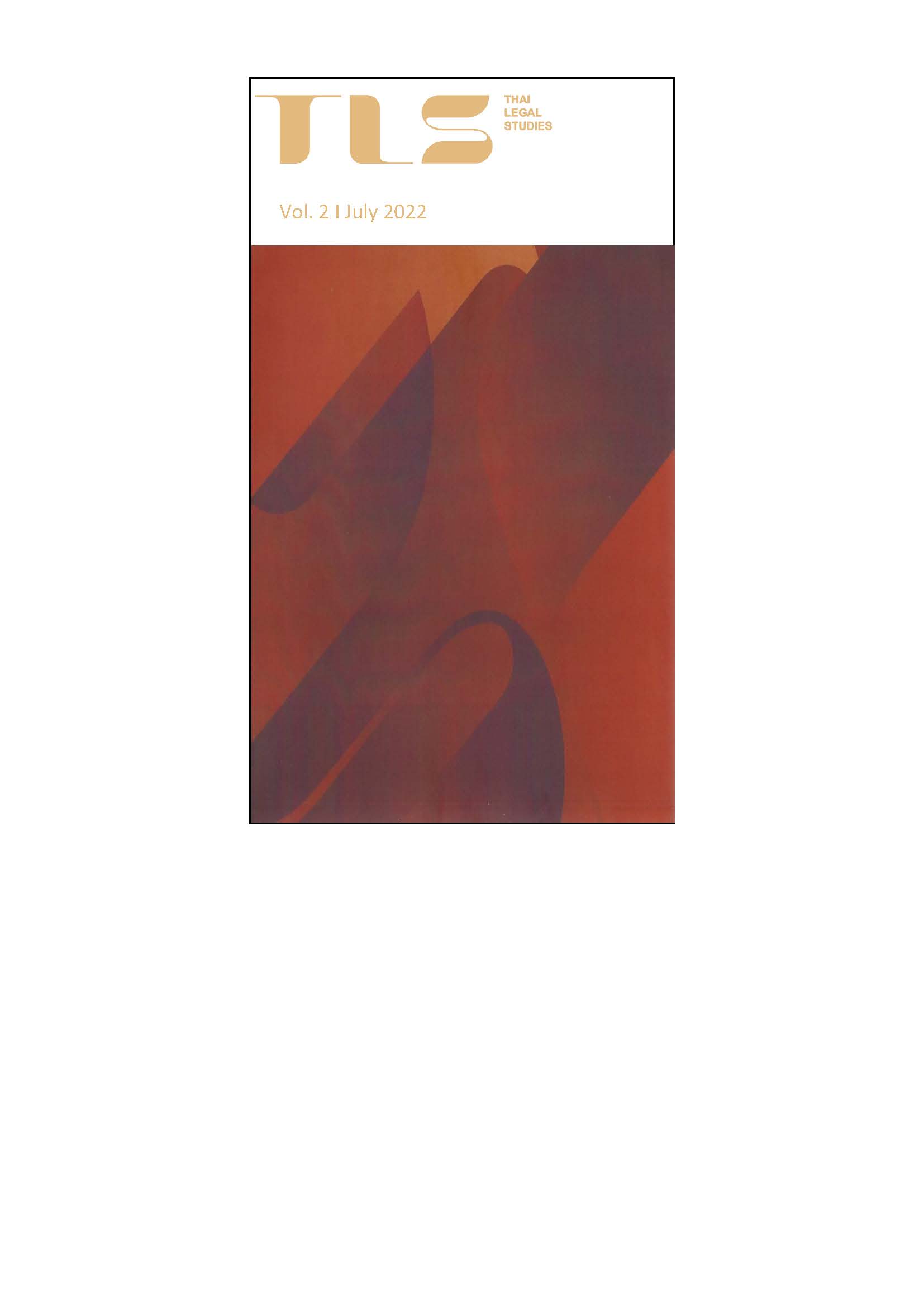Recognition and Enforcement of Foreign Court Judgments on Maintenance and Alimony
DOI:
https://doi.org/10.54157/tls.257896Keywords:
Foreign Court Judgments, Family Law, Enforcement of Foreign Judgements, Alimony, MaintenanceAbstract
A judgment of a court in one country sometimes cannot be enforced in another country due to the nature of the judgment itself, for example a judgment granting a divorce, a judgment recognizing the parentage of a child, or a judgment granting the adoption of a child. However, to receive recognition, the foreign court judgment must be a judgment of a court which had jurisdiction to hear that case, and the case must be final. Thailand has no agreement on judicial co-operation for the recognition or enforcement of judgments with any other country. The general principles of private international law on the recognition and enforcement of foreign court judgments result in four forms of practice. The key question thus arises which of these the Thai courts should apply. This article aims to provide an in-depth discussion of the recognition and enforcement of foreign court judgments regarding maintenance or alimony in this regard.
Published
Issue
Section
License
Copyright (c) 2022 Prasobsook Boondech

This work is licensed under a Creative Commons Attribution 4.0 International License.
Authors retain copyright and publishing rights without restrictions, but grant Thai Legal Studies the right of first publication in English and to distribute the work under a Creative Commons Attribution 4.0 International Public License (“CC BY 4.0”). It allows others to freely share the work, including the making of translations. There is no charge or fee for readers to immediately view published articles or content, and users are allowed to read, download, copy, distribute, print, search, link to the full texts of the articles, or use them for any other lawful purpose, without asking prior permission from Thai Legal Studies or the author(s), the only requirement being that an acknowledgement is given of the work’s authorship and its initial publication in English by Thai Legal Studies.







